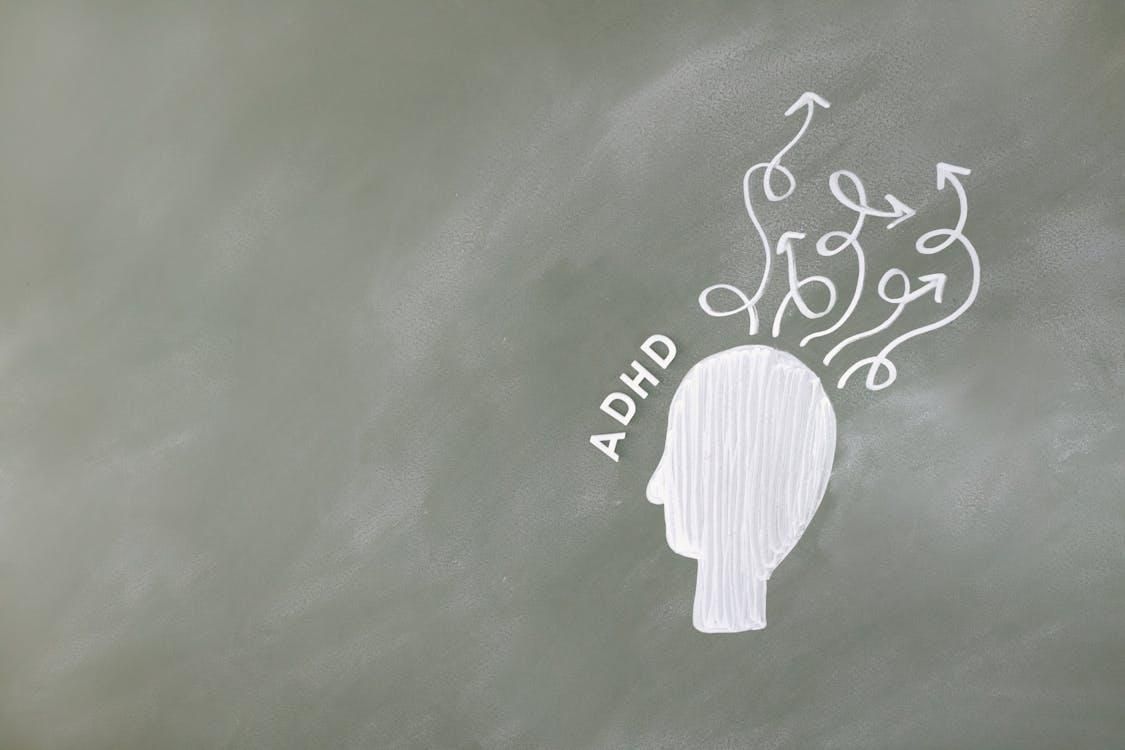Beyond Labels: Understanding Personality Disorders and Compassionate Care
In a world where mental health awareness is on the rise, it's crucial to understand that every individual's experience is unique. Personality disorders are a part of this complex landscape, and they require a compassionate, nuanced approach. Today, we’ll shed light on personality disorders to reduce the stigma associated with them and highlight the significance of providing compassionate care and support for those affected.
Demystifying Personality Disorders
To navigate the world of personality disorders, we must first demystify them. These disorders encompass a range of conditions where individuals experience enduring patterns of cognition, emotion, and behavior that deviate markedly from the expectations of their culture. Understanding this complexity is vital for both individuals and the healthcare providers who support them.
Breaking Down the Stigma
Stigmatization of mental health issues often hinders individuals from seeking the help they need. It's essential to break down the stigma surrounding personality disorders. We'll delve into the reasons behind this stigma and discuss how education, awareness, and empathy can be powerful tools for eliminating it.
The Importance of Compassionate Care
Compassionate care is a cornerstone of effective treatment for personality disorders. This article will explore the components of compassionate care, emphasizing the need for patience, understanding, and non-judgmental support in the journey to recovery.
Personalized Treatment Approaches
Different personality disorders require unique approaches to treatment. We'll discuss how mental health professionals tailor their strategies to the specific needs of individuals with these disorders. Recognizing the person behind the diagnosis is central to compassionate care.
The Role of Therapy
Therapy plays a pivotal role in helping individuals with personality disorders. We'll delve into various therapeutic approaches, including Cognitive Behavioral Therapy (CBT), Dialectical Behavioral Therapy (DBT), and Schema Therapy, among others. These therapies can help individuals identify and modify harmful patterns of thinking, feeling, and behaving.
Supporting Loved Ones
Personality disorders don't only affect the individual diagnosed. They also impact their relationships with family and friends. We'll explore how loved ones can provide crucial support without compromising their own well-being.
Building a Supportive Environment
A compassionate society and healthcare system create an environment where individuals with personality disorders can thrive. This article will discuss the importance of social support, the role of communities, and the significance of easily accessible mental health services.
Understanding personality disorders, reducing stigma, and embracing compassionate care are essential steps toward improving mental health support and treatment. By recognizing the unique challenges faced by those with personality disorders, we can create a more inclusive and empathetic society that values every individual's well-being.
Uncover the truth about personality disorders and discover the importance of compassionate care. At Oasis Of Hope, we believe in the power of understanding, compassion, and personalized care. Our dedicated team is committed to providing support and guidance for individuals with personality disorders, helping them lead fulfilling lives. Our services include depression treatment, anxiety treatment, and telepsychiatry care.
Contact us to book an appointment today!











